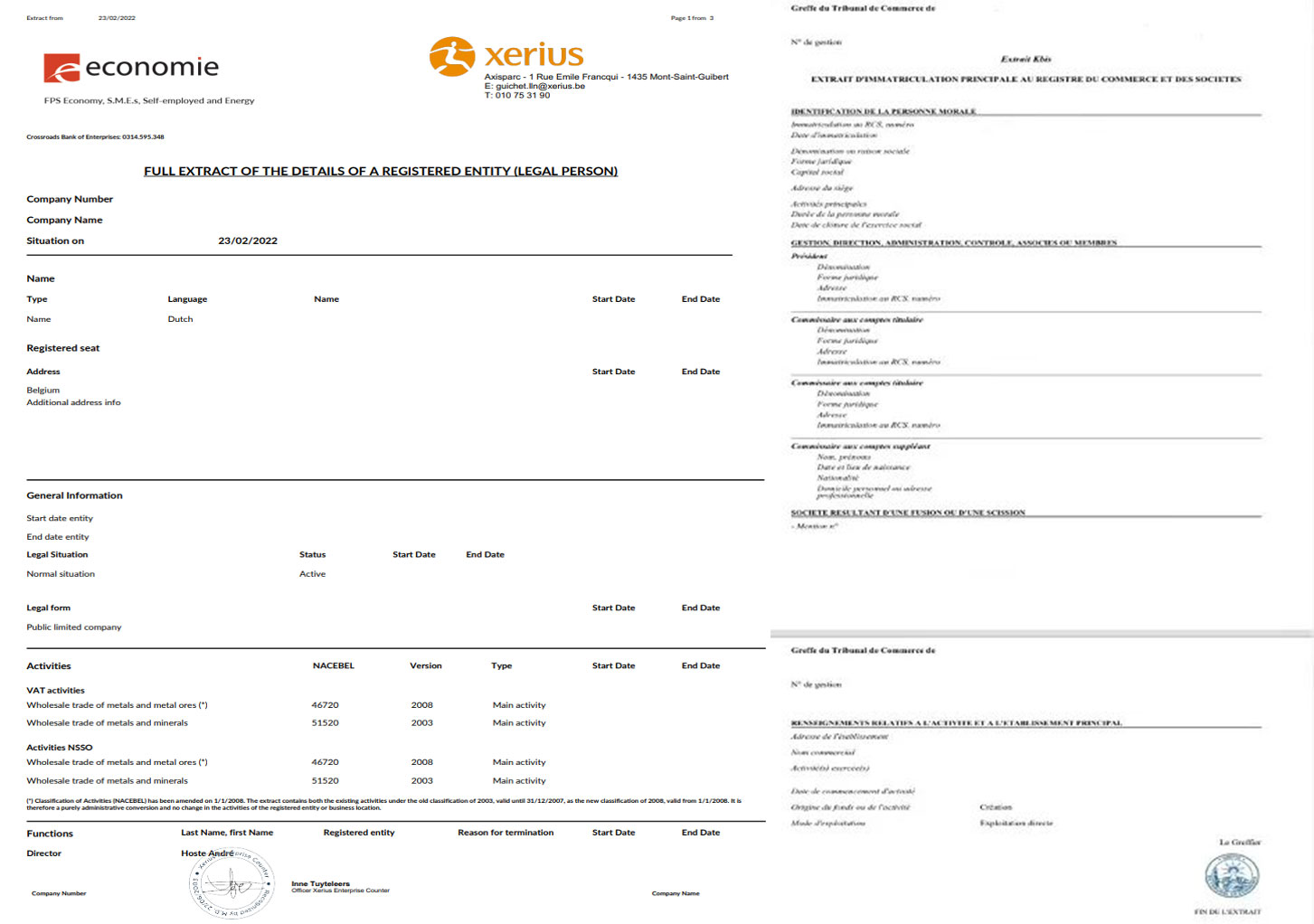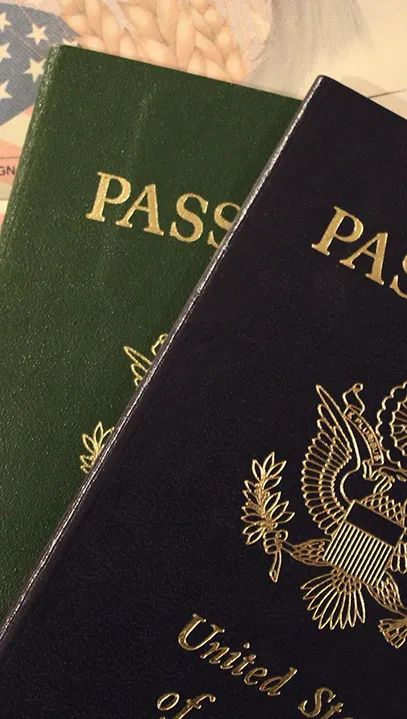Ying Fang
When it comes to foreign-related civil and commercial disputes, whenever a foreign company files a lawsuit as the plaintiff with a court of jurisdiction in China, documents that need to be submitted should be notarized by the notary public of the foreign company’s country and legalized by the embassy or consulate of the People’s Republic of China in that country.
So, which documents need to be notarized and legalized before submission? This article will provide you with detailed information.
Chapter 01
Notarization and legalization of the identity certificates of foreign companies.

According to Article 521 of Interpretation of the Supreme People’s Court on the Application of the Civil Procedure Law of the People’s Republic of China (revised in 2022), “Identity certificates submitted by a foreign enterprise or organization participating in a lawsuit shall be notarized by a notary public in the country where the enterprise or organization is located and legalized by the embassy or consulate of the People’s Republic of China in the country, or the enterprise or organization shall go through the identity legalization procedures as stipulated in the relevant treaty concluded by and between the People’s Republic of China and the country.”
The identity certificate of a foreign company is generally the certificate of incorporation.
In Belgium, for example, it is named as the “FULL EXTRACT OF THE DETAILS OF A REGISTERED ENTITY (LEGAL PERSON)” (picture on the left).

In France, it is known as “EXTRACT Kbis REGISTERING AT THE REGISTER OF COMMERCE AND COMPANIES” ‘(picture on the right).
Chapter 02
Notarization and legalization of the identity certificate of the authorized representative of a foreign company.

For European countries such as Belgium and France, there is no concept of a “legal representative” but only the authorized representative, meaning, it is a “certificate of identity of the authorized representative of the company”.
This certificate should be signed by all directors of the foreign company and should confirm that the authorized representative is authorized to sign all documents relating to civil and commercial proceedings in China on behalf of the company.
Chapter 03
Notarization and legalization of the passport of the authorized representative of a foreign company.

As a natural person, the proof of identity of the authorized representative is their passport, therefore the passport of the authorized representative shall also be notarized and legalized.
Chapter 04
Notarization and legalization of power of attorney

According to Article 271 of Civil Procedure Law of the People’s Republic of China (revised in 2021), “Where a foreign natural person, stateless person or foreign enterprise or organization without residence in the People’s Republic of China entrusts a lawyer or any other person in the People’s Republic of China to participate in proceedings, and then or deliver the power of attorney from foreign countries, the power of attorney shall be effective upon notarization by a notary organization in that country and legalization by the embassy or consulate of the People’s Republic of China in that country, or performance of legalization procedures stipulated in the relevant treaty concluded between the People’s Republic of China and the country”.
For a foreign company appointing Chinese lawyers as its attorney to participate in the litigation, a power of attorney should be submitted. If the power of attorney is signed outside of China, it needs to be notarized and legalized.
Chapter 05
Notarization and legalization of evidence formed outside territory of PRC.

According to Article 16 of Several Provisions of the Supreme People’s Court on Evidence in Civil Proceedings (Revised in 2019), “Where the public documentary evidence provided by a party concerned is formed outside the territory of the People’s Republic of China, such evidence shall be notarized by a notary public of the country where it is formed, or the procedures shall be completed according to the relevant treaty concluded between the People’s Republic of China and the country.
Any evidence formed outside the territory of the People’s Republic of China and involving identity relationship shall be notarized by a notary public of the country where the evidence is formed and legalized by the embassy or consulate of the People’s Republic of China in that country, or the procedures for certification shall be completed according to the relevant treaty concluded between the People’s Republic of China and the country.
Where any evidence submitted by a party is formed in the regions of Hong Kong, Macao or Taiwan, the relevant procedures shall be completed.”
Under these new rules on evidence, evidence of public documents and extraterritorial evidence of identity relationship “shall” be notarized by a notary public in the country in which they are located. For other extraterritorial evidence, notarization and legalization procedures are not a legal requirement for such evidence. According to judicial practice, if all of the parties involved in the case accept the extraterritorial evidence that has not been notarized, then the authenticity and evidential value of such extraterritorial evidence should be admitted by courts.
Chapter 06
Notarization and legalization of claims of pleadings /property preservation applications.

There is no provision for notarization of claims of pleadings and property preservation applications under relevant Chinese laws. However, in practice, some local courts may set their own additional conditions and requirements for filing cases, and often demand the notarization and legalization of claims of pleadings and property preservation applications in foreign-related civil and commercial cases.
Additionally, after receiving the original notarized and legalized version of the above-mentioned documents in 1-4, it is also recommended to conduct a notarization by a domestic notary office confirming “the copy of the document is the same as the original”, and submit the notarized copy for case filing. In this instance, the notarized copy, the original notarized and legalized version of the above documents 1-4 can be kept, and in case the litigation will go to the second instance or the enforcement procedure, there will be no need to conduct the notarization and certification of these documents abroad again.
Remember!
If you have any queries, please feel free to contact us at DaWo Law Firm and our experienced lawyers are more than willing to assist!


